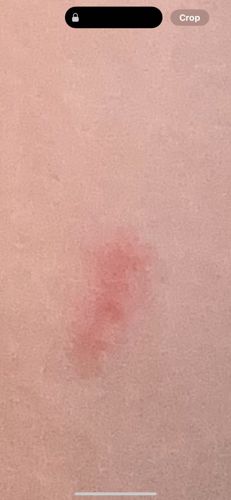Mosquito
Scientific Name: Various genera, including Anopheles, Aedes, Culex
Order & Family: Order: Diptera, Family: Culicidae
Size: 3 mm to 10 mm

Natural Habitat
Mosquitoes are found worldwide in diverse habitats, especially near standing water sources like ponds, swamps, containers, and even small puddles, as their larvae and pupae are aquatic.
Diet & Feeding
Female mosquitoes feed on blood from various hosts, including humans, for egg development. Both male and female mosquitoes feed on nectar, plant sap, and other sugary substances for energy.
Behavior Patterns
Mosquitoes are most active during dawn and dusk, though some species bite during the day. Females require a blood meal to produce eggs, which are laid in water. They undergo complete metamorphosis with egg, larva, pupa, and adult stages.
Risks & Benefits
Mosquitoes are significant vectors of diseases such as malaria, dengue fever, Zika virus, West Nile virus, and chikungunya, posing a major global health risk. Bites can also cause itchy welts. Benefits include serving as a food source for other animals (e.g., bats, birds, fish) and acting as pollinators for some plants.
Identified on: 9/5/2025